Over the last several weeks, I have been reminded often of Thomas King’s closing statements from his 2003 Massey Lectures, The Truth About Stories.
To paraphrase, each lecture was ended by stating you could take the story told during the lecture and do what you wanted with it — forget it, retell it, learn from it — but you could not go through life saying you would have done things differently, if only you had heard that story.
Archaeology in British Columbia is not a straightforward story and by recognizing and respecting the value of Indigenous knowledge, archaeologists can do a better job representing the archaeology of British Columbia.
Archaeologists working in cultural resource management have worked with Indigenous communities for many years — and this working relationship has changed over time.
At the start of my career in the late 1990s, the relationships between archaeologists and Indigenous communities were most often extractive, rather than collaborative.
The development of field methods, as well as the analysis and interpretation of findings, were done by archaeologists with little input from Indigenous communities (not all, but it’s safe to say this was the normal way of doing things).
We made decisions (and still do) about where to look for archaeological sites based on measurable and quantitative characteristics, such as landforms, proximity to water and availability of resources, but often missed the opportunity to gain insight from Indigenous knowledge keepers regarding land use (for example) and where they think we should be looking for archaeological sites.
Over the last couple of years, nearly half of the work I’ve done is for First Nations or First Nations-owned businesses.
This isn’t new, and many of my colleagues have worked directly for First Nations for decades, but it has become more commonplace throughout our industry.
Forest licensees or other developers hire a First Nation or First Nation-owned company to conduct archaeological assessments and the nation will either conduct the assessments with staff archaeologists or contract an archaeologist to provide technical support.
In either scenario, it is the nation that has control over field methods, data collection and reports.
The quality of archaeological assessments and the interpretations of findings improve with Indigenous knowledge and nations control their own cultural heritage.
The starting place for forming relationships within which we can do better work, make better interpretations and more accurately represent the pre-contact way of life in British Columbia does not need to be complicated.
One of the best lessons I received in how to begin these relationships came from my son, who was five years old at the time, at an annual gathering between First Nations and industry in Northern B.C.
The intention of the gathering was to introduce industry and First Nations on the traditional territory to discuss working relationships and meaningful collaboration.
I offered a lithic workshop at the gathering, which was most often a group of children in oversized gloves and safety glasses bashing rocks and making rough stone tools.
While setting up the workshop one year, my son grew bored and asked if he could play with a group of kids running around nearby.
It didn’t occur to him that there were any differences between himself and the other kids and he walked up and introduced himself.
“Hi, my name is Sam, can I play with you?”
There was no hesitation and off they all ran together. Here we were, at an organized event with an agenda, intentions, and ambition, but a group of kids showed us a starting place.
I have had the privilege of working with many Indigenous communities throughout B.C. I have been reminded I have a lot to learn, provided I open my ears and shut my mouth (excellent words of advice).
However, since watching my son run up to that group of kids, whether I’ve used those exact words or tried to sound smarter, I always think to myself: “Hi, my name is Matt, can I play [work and learn] from you?”
It’s simplistic, but I can’t think of a better place to start a discussion.
Matt Begg is a Kamloops-based archaeologist.

